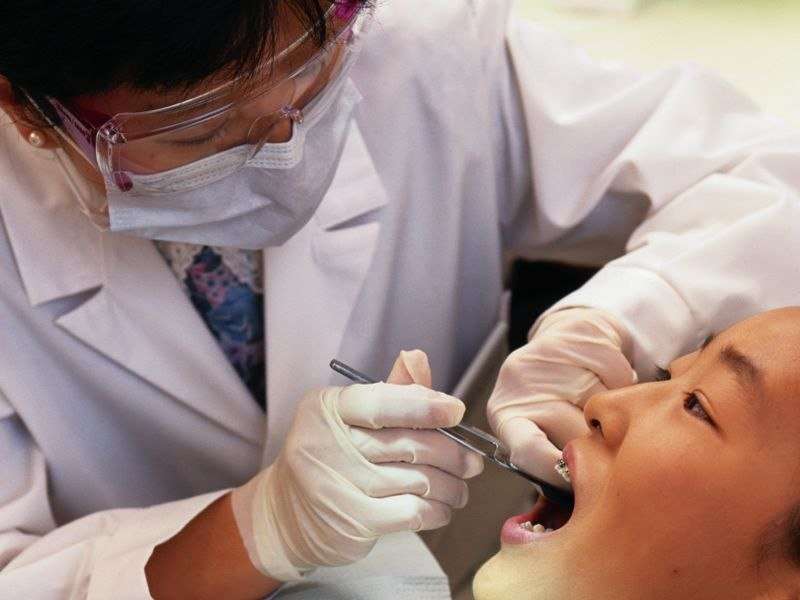(HealthDay)—The overall oral microbiome composition is not associated with the risk of head and neck squamous cell carcinoma (HNSCC), but greater abundance of genera Corynebacterium and Kingella is associated with decreased HNSCC risk, according to a study published online Jan. 11 in JAMA Oncology.
Richard B. Hayes, D.D.S., Ph.D., from the New York University School of Medicine in New York City, and colleagues conducted a nested case-control study in two prospective cohort studies to examine the correlation between the oral microbiome and incident HNSCC. A total of 129 patient cases of HNSCC were identified among 122,004 participants during an average follow-up of 3.9 years. Two controls were selected for each patient case (254 controls); cases and controls were similar in terms of age, sex, and race/ethnicity.
The researchers observed no correlation for overall microbiome composition with the risk of HNSCC. Decreased risk of HNSCC was seen in association with greater abundance of genera Corynebacterium (fold change, 0.58) and Kingella (fold change, 0.63), which was possibly related to carcinogen metabolism capacity. The correlations tended to be stronger for larynx cancer and for those with tobacco use history.
"This study demonstrates that greater oral abundance of commensal Corynebacterium and Kingella is associated with decreased risk of HNSCC, with potential implications for cancer prevention," the authors write.
More information: Abstract/Full Text (subscription or payment may be required)
Journal information: JAMA Oncology
Copyright © 2018 HealthDay. All rights reserved.






















